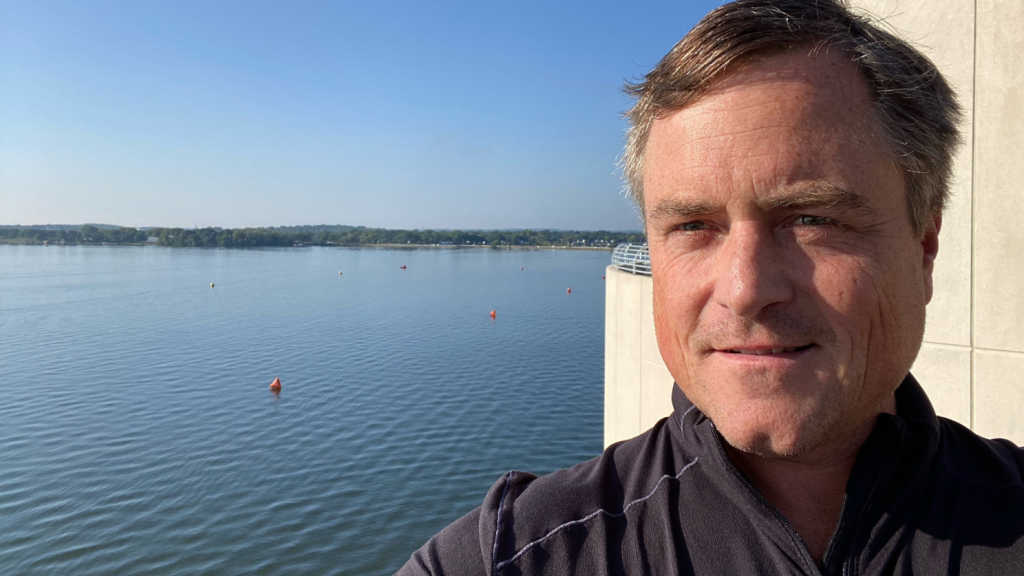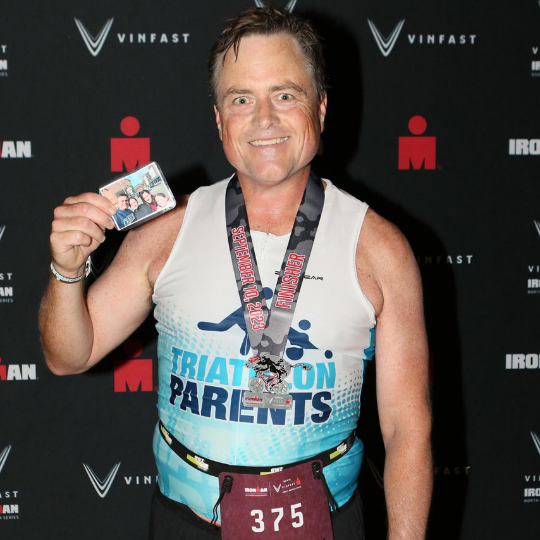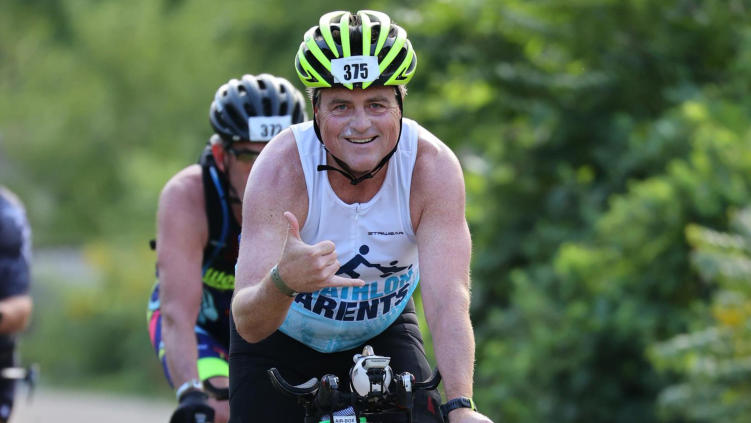Intense challenges in sports and business can be conquered with the right preparations
I recently competed in Ironman Wisconsin. It was one of the hardest days I’ve ever experienced while competing in a triathlon. I’m tempted to blame the road conditions, the wind, and the higher-than-expected elevation gain for my performance, which fell below my expectations. But in the end, I had to come to grips with reality.
Race day is the result of your preparations and training. When you toe the starting line, you should not be thinking about if – or how – you are going to reach your time goals. The results of that day have a direct relationship to the work and preparation you poured into the event.
This also holds true in life and business. The preparations you undertake dictate the success or failure of your endeavors. For example, the panic and anxiety you feel before going into an important negotiation or meeting is directly related to the quantity and quality of the preparation you gave yourself before the event. Standing in front of a room full of people who have the power to change your future can cause a high level of stress if you are just winging it.

Preparations Increase Potential
Once you’ve completed the right preparations, all you need to do is let your mind and body do their work. If you are disappointed with your results, look back and ask yourself, “What could I have done to be better prepared?” Then add those activities and steps to your preparation for the next big event.
Warren Rustand is an entrepreneur, philanthropist, and former special assistant to Vice President Gerald Ford who has served as the CEO of 10 companies. He said, “One’s success is relevant only when measured against one’s own potential.”
This quote is insightful, and I think it can be expanded even beyond that statement to read as follows: one’s potential is directly related to one’s preparation. The results of your endurance event are directly correlated to your preparations.
For example, my cycling preparations mainly happened indoors in an air-conditioned room, with no vibrations from road conditions or wind to impact my bike’s direction. Riding on the indoor trainer was always smooth. Although I experienced the simulated inclines and declines of the road, I didn’t feel the surface condition. While I did complete a few long outdoor training rides, this comprised just a small amount of my training time, and it occurred on wooded, well-paved roads with very little exposure to sun, wind, and rough roads.
The conditions I faced in Wisconsin were entirely different. The road surface was marred by hundreds of potholes and cracks that I felt every time my bike wheels hit them. Another challenge of riding outside, especially at the Wisconsin race, was that it wears your hands down. I typically wear gloves to protect my hands, except for on race day, because I try to manage my heat level by keeping my hands uncovered.
The more challenging and unpredictable conditions you face outdoors can have a big impact on your ride. If you are riding into a headwind, pedaling hard but not going anywhere fast, this can affect your mindset, too. All these factors taken together put my bike performance below my expectations. Replicating the same scenario in advance that I faced on race day would have undoubtedly yielded better results.

Trust Yourself
When it came time for my swim, I found myself thinking about my speed, the course, and the swimmers around me for the first five to 10 minutes. I speculated on what my finishing time would be and tried to make some adjustments. Then I recalled what I had learned from reading a book titled The Inner Game of Tennis by Timothy Gallwey. He advocates getting out of your own way when performing, and to trust that your body knows what to do. He encourages you to stop being judgmental of your performance and to realize that your life is not defined by how well you do in this event.
Gallwey’s wisdom had a big impact on my golf game, so I decided to see if it could also help with my swim. I repeated his advice in my head and instructed myself to relax. I reminded myself that I have done this type of swim before, and that my body knows what to do. I coached my mind and body to get out of my own way and execute.
This change of mindset had a dramatic effect. It took all the pressure off me. I felt the tension in my body release, and it ultimately resulted in one of my best swim performances I’ve ever had. I finished in the top 10% of all competitors. It turned out to be a powerful learning experience. I’m already looking forward to tackling the next race – and the next business challenge – with my newfound mindset.




